Issue 125 : 26 March 2023
Talofa Lava, Kia Orana, Malo E Leilei, Tena Koutou, Hello ...
... and welcome to the latest issue of “For The Love Of The Game”, the official e-zine of the New Zealand Amateur Sport Association Inc., founded in Wellington, New Zealand in 2017.
If you have any feedback on this issue, ideas for future articles, or would like to contact the Editor, please click here. And, you are invited to forward the e-zine to others you know, who may be interested in reading it. An archive of earlier editions of the e-zine can be found here.
For those who follow Twitter, you can also follow the Association, @AmateurSportNZ. If you are interested in applying for membership of the Association, please click here.
Association Chairman To Meet New Minister ...
Following an initial enquiry from the Association earlier in the year, the new Minister of Commerce and Consumer Affairs Dr. Duncan Webb has invited Association Chairman, Gordon Noble-Campbell to meet with him on Tuesday, 28 March at the Beehive.
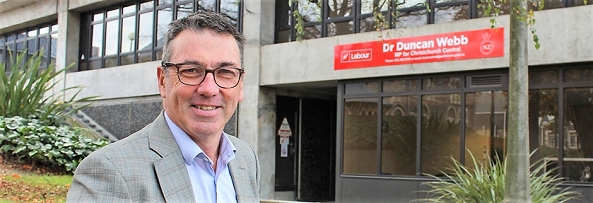
(Dr. Duncan Webb will meet with the Association, this week)
The Minister’s predecessor (Dr. David Clark) agreed with the Association that community sport volunteers should not be dissuaded from taking on responsibilities which are now specified by the new Incorporated Societies Act. This meeting will provide a face-to-face opportunity for the Association to restate its position on certain elements of the legislation on behalf of New Zealand’s community sport stakeholders.

(The Minister's goal is to make life fairer and easier for Kiwis)
The new Minister recently said that, “I've always been focused on making life fairer and easier for ordinary New Zealanders, so I am pretty pleased that in my new role as Minister of Commerce and Consumer Affairs, I get to oversee long-term, structural changes that will do just that.” In our meeting on Tuesday evening, we will be reminding the new Minister of his commitment, on behalf of community sport.
National Sport Club Survey (NSCS) Heads South ...
This week, the National Sport Club Survey team will presenting insights from the 2022 survey to community sport stakeholders in Dunedin (Monday, 12.00pm), Timaru (Monday, 6.30pm) and Christchurch (Tuesday, fully booked).
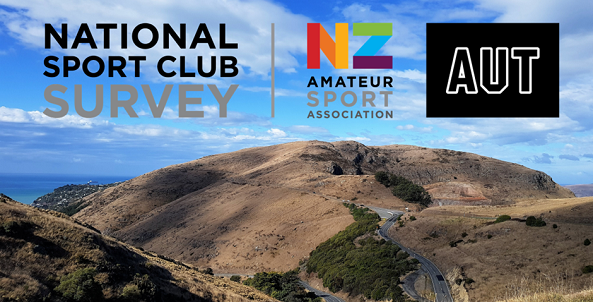
(Workshops are on this week in Dunedin, Timaru and Christchurch)
It’s not too late to register to attend these informative workshops in Dunedin (at the Edgar Centre) and in Timaru (at Aorangi Park). To register your interest, please click here.
Welcome To Waitemata Football Club ...
The Association welcomes Waitemata Football Club Inc., (based in Te Atatu, Auckland), as the Association’s latest community club member. At the heart of its local community, the club has recently decided to reduce season fees for a number of junior and youth football age groups for the 2023 winter football season. This decision was made by the club committee in order to make the sport more accessible to all children in the community.
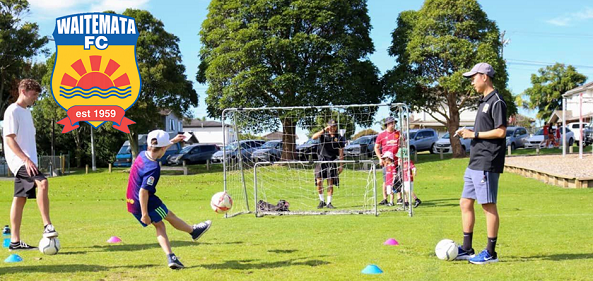
(Waitemata FC offers a family-focused sport experience)
The club understands that times have been tough for many families, and they want to do their part in making sure that every child has the opportunity to participate in a sport they love and understand that finance and cost is often a barrier to participation.
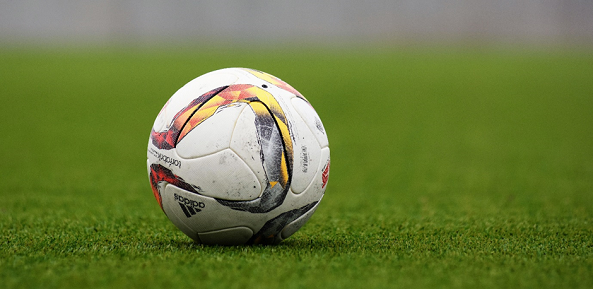
(The club is reducing its fees to encourage community participation)
By reducing fees, Waitemata Football Club hopes to encourage more children to join and experience the many benefits of playing football. Not only does it promote physical fitness and a healthy lifestyle, but it also teaches valuable life skills such as teamwork, communication, and leadership. Additionally, being part of a football team can boost a child's self-esteem and confidence, and provide a sense of belonging and community with our club. Every child should have the chance to enjoy these benefits, regardless of their financial situation.
The Association applauds Waitemata Football Club's support of the community.
Viewpoint : "How Sport Became The New Religion" ...
Hugh McLeod, Emeritus Professor of Church History at the University of Birmingham has written an interesting essay on the historic links between sport and religion. Until the 1920’s in New Zealand, school sport was segregated between public and religious schools. With the growth of community sport participation, one religious leader was prompted to declare, “faith is of incomparably greater importance than football, and Bible-reading than boxing.”
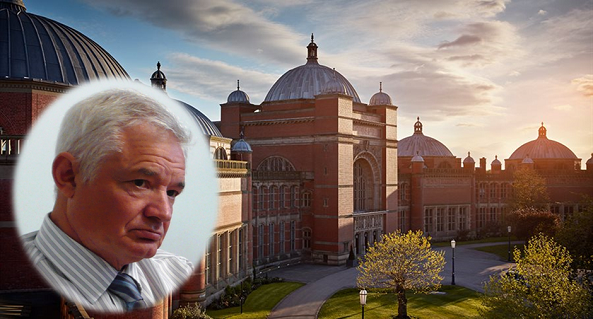
(Hugh McLeod explores the relationship between sport and religion)
McLeod writes, “two hundred years ago, Christianity was a dominant force in British society. In the early 19th century, as the modern sporting world was just beginning to emerge, the relationship between church and sport was mainly antagonistic. Churches, especially the dominant evangelical Protestants, condemned the violence and brutality of many sports, as well as their association with gambling.”
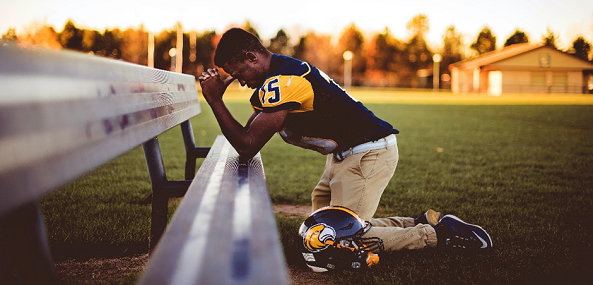
(Sport frequently takes over the role formerly performed by churches)
He goes on to note that today, “sport has narrowed down the societal space traditionally occupied by religion. For example, the belief held by governments and many parents that sport can make you a better person has meant that sport frequently takes over the role formerly performed by churches of seeking to produce mature adults and good citizens.”
You can read more, here.
New Zealand’s Oldest Live Community Sport Commentary ...
While club rugby was first broadcast in Christchurch in 1926, Wellington is the only centre in New Zealand (and quite possibly, the world) to have maintained continuous club rugby radio broadcast coverage for 97 years from 1927 to 2023, (other than a temporary hiatus during World War Two). The first request to broadcast club rugby in Wellington was made in June 1927 by the Radio Broadcasting Company of New Zealand Limited, on their "new-super-power" frequency 2YA, (formerly 2YK), transmitting from the top of Mount Victoria.
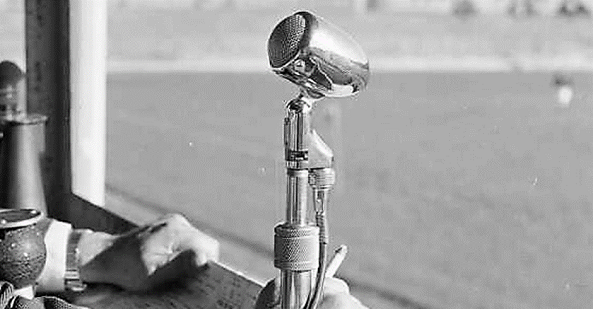
(Radio broadcasts of club rugby in Wellington began 97 years ago in 1927)
The first club rugby match ever broadcast in Wellington was on Saturday, 23 July 1927 on 2YA, between University and Old Boys in front of a reported 9,000 spectators. The commentator was Chas (Charles) Lamberg, (whose story is told below) who was the rugby commentator for 14 years on 2YA. Coincidentally, 1927 was the same year (in January) that the BBC first began to broadcast rugby, with its first ever sports commentary being the match between England and Wales at Twickenham, broadcast by Henry Blythe Thornhill “Teddy” Wakelam.
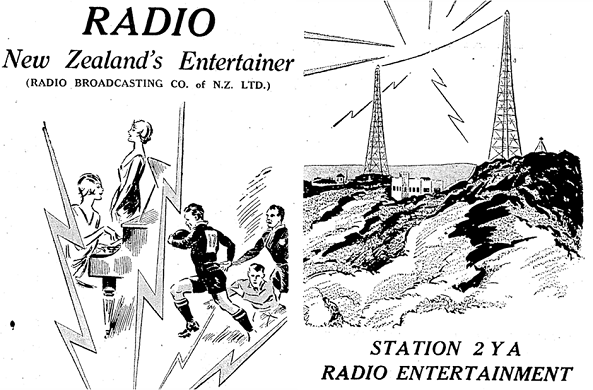
(With radio, “the pictures are better”)
Incorporated Societies Act 2022 Seminars Continue ...
The Association continues to provide pro bono insights to incorporated community sport organisations (ICSOs) throughout New Zealand to help Kiwi sport volunteers understand their obligations and options under the new Act. This coming week (on Monday), Sport Otago are hosting the Association at the Edgar Centre in Dunedin. Community seminars are also now being organised in the Southland region.
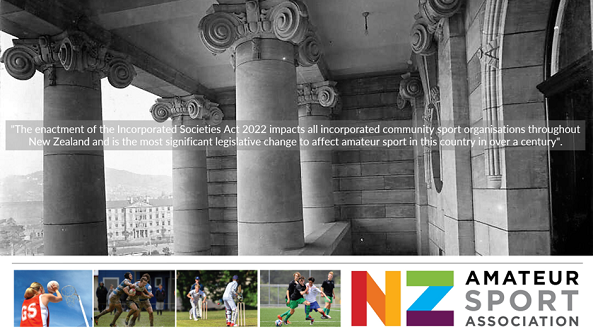
(Contact the Association at arrange a free seminar for your sport community)
The seminar considers (and provides answers to) the following questions: “what’s the current status of the reform?”; “what law applies now?”; and “what does an incorporated community sport organisation need to do to comply with the new law?” If you would like to arrange for the Association to present to members of your local sport community, please contact the Association, by clicking here.
From The Archives ...
DOMINION, VOLUME 4, ISSUE 1204, 12 AUGUST 1911, PAGE 12
The Right Kind Of Official
“The champion race official was unearthed last week in Mr. C. Lamberg, who was one of the three selectors appointed by the centre for the occasion. After selecting the course for the race, and carefully supervising the trailing of it, he returned to the starting post in time to give a careful description of the country covered to the competitors and, after placing course stewards armed with flags in strategic positions, mounted a bicycle and headed off the runners at all points where any possibility of missing the trail existed.
A man who takes so energetic an interest in his duties is doing a real service to competitors and doubtless the appreciation of his good offices will lie shown in the usual manner - by allotting to him the positions in future that entail the hardest work.
Twas ever the willing horse that carries the heaviest load.”
OUTDOOR SPORTS AND PASTIMES
FREE LANCE, VOLUME XIV, ISSUE 714, 7 MARCH 1914, PAGE 21
“Last, but not least, I must not forget C. Lamberg and his megaphone. He is a positive boon to our sports meetings these days, and I don't know how many of the spectators would fare if it were not for the information he hands out to them with his speaking trumpet.”
Charles Russell (also known as Robert) Lamberg was born in 1885, the adopted son of Carl, (also known as Charles) and Karen Christine Lamberg, (nee Olsdatter). Carl (a contractor to the Wellington Municipal Council) emigrated from Solvesborg in Sweden to New Zealand in 1873 as a 19-year-old, while Karen was from Christiania in Norway and emigrated to New Zealand in 1875. Carl and Karen married in 1876 and were naturalised as British subjects in 1884. The family lived 31 Austin Street, Mount Victoria.
Charles (a “commercial traveller” or “salesman” in his adult life) excelled in all athletic pursuits, which when combined with his mellifluous voice, resulted in an unexpected calling as the first rugby commentator broadcasting from Athletic Park on 2YA/2YC.
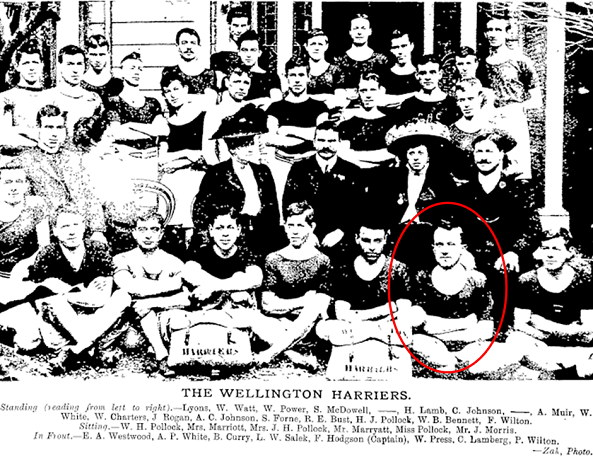
(The Wellington Harriers Club in 1909, with Chas Lamberg, circled)
As an athlete, he was best known as a cross-country runner, being a member, honorary secretary and vice-president of the Wellington Harriers Club and winning the prestigious Palmer Cup (the 5-mile championship race) in 1910. He was appointed as the “megaphonist” (ground announcer) for various New Zealand and provincial athletics championships in the first decade of the 20th century. In 1920 he joined the Wellington Rugby Referees Association, providing him with insight to the game which resulted in his first broadcasting appointment in 1927.
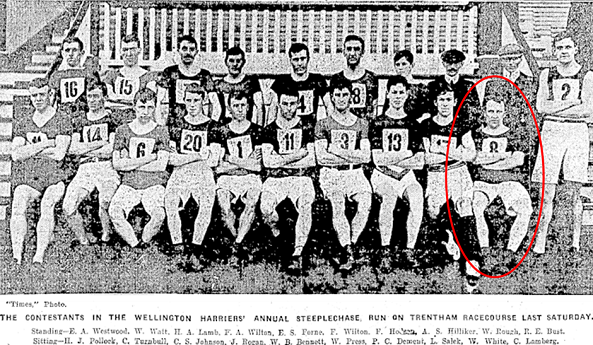
(Chas Lamberg circled, ran to second place over 10 miles, in August 1909)
Initially, club rugby radio programming involved a 20-minute preview programme at 7.40pm on a Friday, then “following the chimes of the General Post Office clock at 3.00pm”, Lamberg hosted a live broadcast until 6.00pm on Saturday, from Athletic Park. Charles also commentated the first test between the All Blacks and the Springboks at Athletic Park in 1937 (as well as the tourist’s matches against Manawatu and Wellington), when the policy was for local commentators to be used for all international matches.
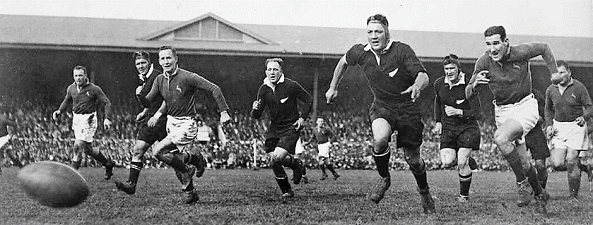
(The All Blacks played the Springboks in Wellington on 14 August 1937)
In 1911 Charles married Mina Clara Smith with whom he raised a son, Charles Kenneth William (1916) and a daughter Betty Mina (1914) at their family home in Hataitai, where he was also a member of the Hataitai Tennis Club (formed in 1919 and based at Hataitai School) and the Hataitai Methodist Church on Waitoa Road.
In July 1918, Charles was one of 5,000 men conscripted in the Second Division Ballot from Class C (married men with two children), although he was not classified as fit for military service. Sadly, through the last seven years of his life, Charles suffered from mental illness and he died at Porirua Hospital, on 2 October 1960.
The Final Word ...
“Every successful individual knows that his or her achievement depends on a community of persons working together.”
(Paul Ryan)